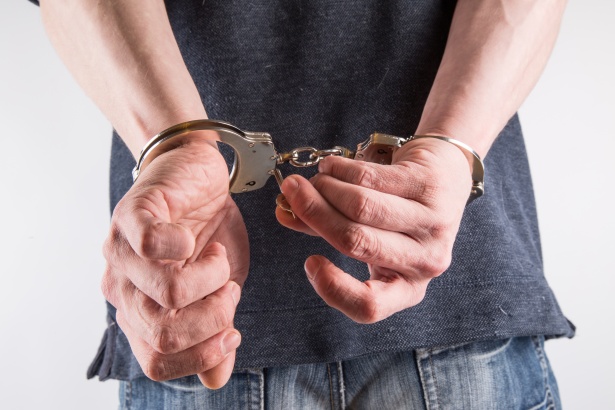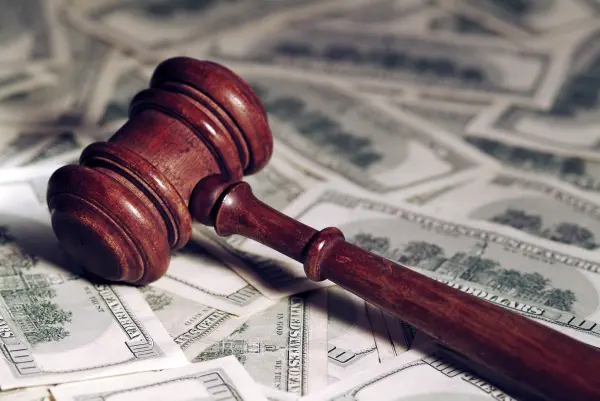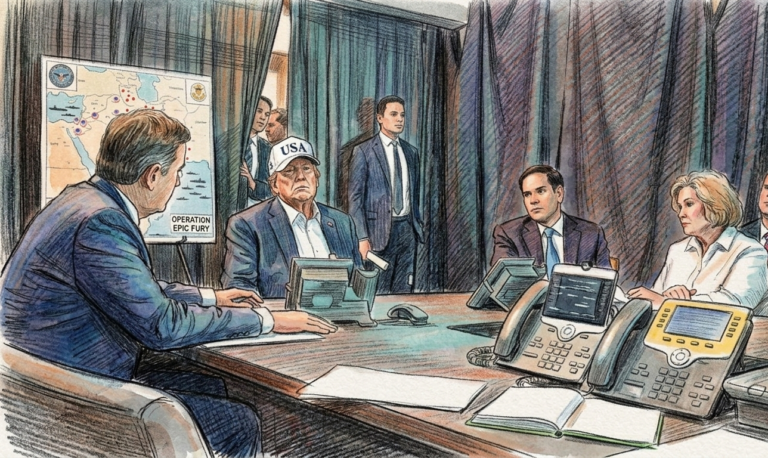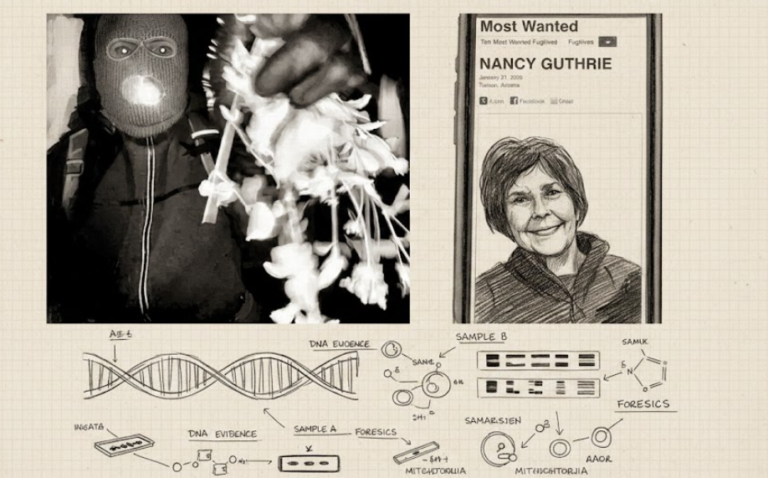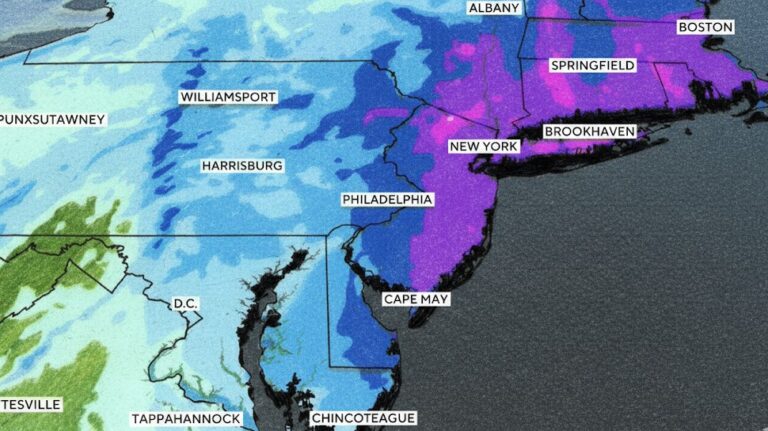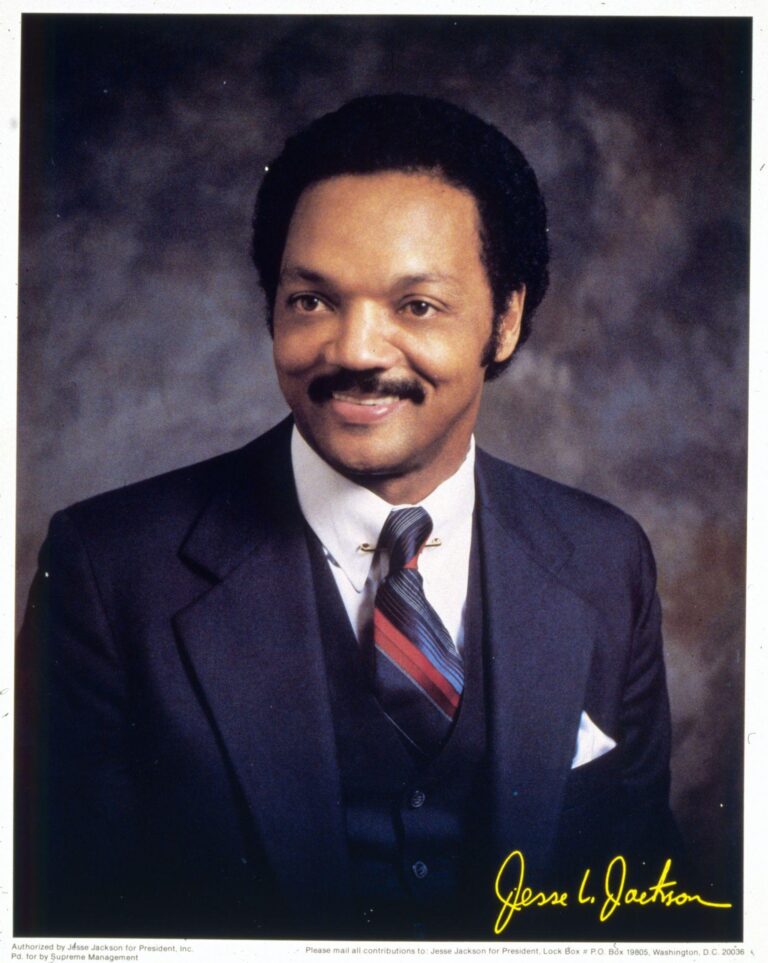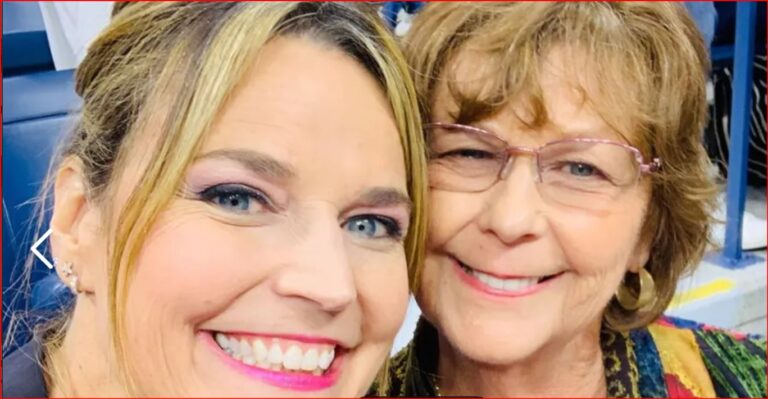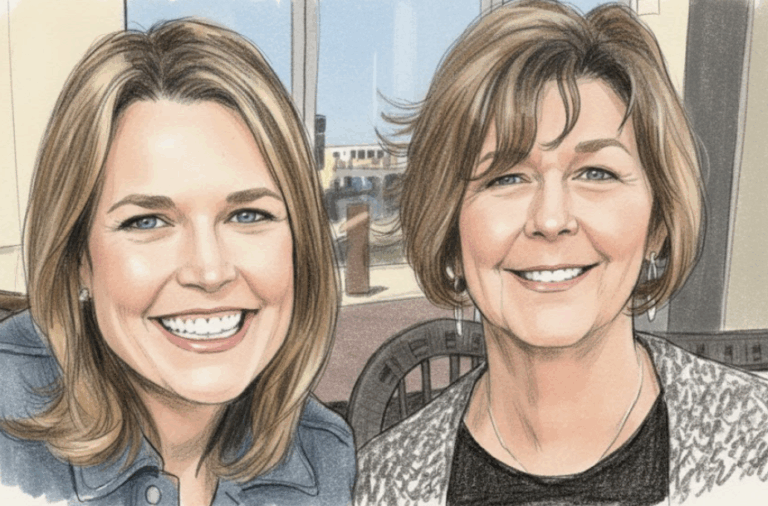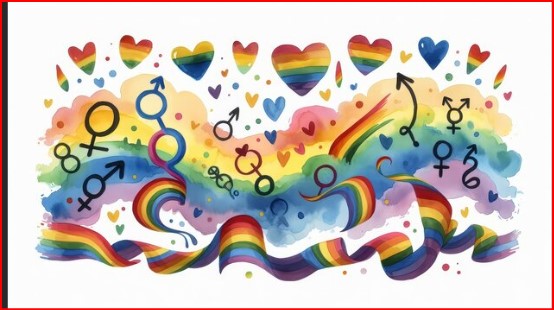Kelly Warner Law Firm Blames USA Herald for Arizona Bar Investigation
4/18/17 The Washington Post exposes another questionable Kelly Warner filing that involves former NFL Cheerleader Megan Welter: https://www.washingtonpost.com/news/volokh-conspiracy/wp/2017/04/18/another-trick-to-try-to-get-mainstream-media-articles-deindexed-by-google/?utm_term=.22e9e1615271 4/20/17 The USA…
By – USA HeraldAaron Kelly Law Firm Resorts To Attacking Former Client Again On KellyWarnerLaw.com – Pattern Recognized
In the affidavit, which was apparently signed by “Barri Grossman,” Grossman admits to all liability for the posting and absolved…
By – Jeff WattersonArizona Bar Opens Investigation on Attorney Aaron Kelly
Volokh, as part of his investigative work, had a private investigator research the defendants in some of theallegedly fraudulent…
By – Paul O'NealCable Trade Group Challenges Copyright Office Rule Over Retransmission Royalty Calculations
The complaint cites standard accounting principles that require discounts on bundled services to be allocated proportionally among each component. For…
By – Tyler BrooksGamers Revamp $7.85M PlayStation Antitrust Deal In Third Push For Court Approval
The case centers on allegations that Sony violated antitrust laws by restricting retailers from selling download codes for PlayStation digital…
By – Ahmed BoughallebBacklash Builds As OpenAI Signs US Military Deal, Fueling ‘Cancel ChatGPT’ Movement
Anthropic had reportedly sought contractual limits preventing its AI systems from being used for mass surveillance or lethal autonomous…
By – Tyler BrooksFlorida Court Asked To Enforce $5M London Arbitration Award In Fintech Loan Dispute
A Finstar Financial Group affiliate is seeking to enforce a multimillion-dollar London arbitration award in federal court in Florida, targeting…
By – Ahmed BoughallebSmall Wine Importer Wins Supreme Court Fight Against Trump’s Tariffs — What This Means for Other Businesses
Tariff Turmoil Schwartz founded VOS Selections nearly 40 years ago, driven by a simple idea: import wines and spirits from…
By – Rochdi RaisIran Leadership Agrees to Talks After Strikes Rock Tehran
“Ahead of Schedule,” Trump Says In separate interviews Sunday, Trump told Fox News White House correspondent Jacqui Heinrich that 48…
By – Rachel MooreCable Trade Group Challenges Copyright Office Rule Over Retransmission Royalty Calculations
The complaint cites standard accounting principles that require discounts on bundled services to be allocated proportionally among each component. For…
By – Tyler BrooksGamers Revamp $7.85M PlayStation Antitrust Deal In Third Push For Court Approval
The case centers on allegations that Sony violated antitrust laws by restricting retailers from selling download codes for PlayStation digital…
By – Ahmed BoughallebBacklash Builds As OpenAI Signs US Military Deal, Fueling ‘Cancel ChatGPT’ Movement
Anthropic had reportedly sought contractual limits preventing its AI systems from being used for mass surveillance or lethal autonomous…
By – Tyler BrooksFlorida Court Asked To Enforce $5M London Arbitration Award In Fintech Loan Dispute
A Finstar Financial Group affiliate is seeking to enforce a multimillion-dollar London arbitration award in federal court in Florida, targeting…
By – Ahmed BoughallebIran Leadership Agrees to Talks After Strikes Rock Tehran
“Ahead of Schedule,” Trump Says In separate interviews Sunday, Trump told Fox News White House correspondent Jacqui Heinrich that 48…
By – Rachel MooreNew Forensic Analysis Reopens Questions About 3I/ATLAS X-Ray Signature
A routine comet exhibiting minor solar wind variability? A chemically unusual interstellar object? Or an example of observational interpretation lag…
By – Samuel LopezCable Trade Group Challenges Copyright Office Rule Over Retransmission Royalty Calculations
The complaint cites standard accounting principles that require discounts on bundled services to be allocated proportionally among each component. For…
By – Tyler BrooksGamers Revamp $7.85M PlayStation Antitrust Deal In Third Push For Court Approval
The case centers on allegations that Sony violated antitrust laws by restricting retailers from selling download codes for PlayStation digital…
By – Ahmed BoughallebBacklash Builds As OpenAI Signs US Military Deal, Fueling ‘Cancel ChatGPT’ Movement
Anthropic had reportedly sought contractual limits preventing its AI systems from being used for mass surveillance or lethal autonomous…
By – Tyler BrooksFlorida Court Asked To Enforce $5M London Arbitration Award In Fintech Loan Dispute
A Finstar Financial Group affiliate is seeking to enforce a multimillion-dollar London arbitration award in federal court in Florida, targeting…
By – Ahmed BoughallebIran Leadership Agrees to Talks After Strikes Rock Tehran
“Ahead of Schedule,” Trump Says In separate interviews Sunday, Trump told Fox News White House correspondent Jacqui Heinrich that 48…
By – Rachel MooreNew Forensic Analysis Reopens Questions About 3I/ATLAS X-Ray Signature
A routine comet exhibiting minor solar wind variability? A chemically unusual interstellar object? Or an example of observational interpretation lag…
By – Samuel LopezNASA Pushes Lunar Return to 2028 Amid Artemis Program Timeline Revision
The revised Artemis III flight will serve primarily as a systems verification mission, testing docking procedures and integration capabilities with…
By – Ahmed BoughallebU.S. And Israel Launch Major Strikes On Iran — What It Means For America
A World on Edge The strikes have stirred bipartisan debate in Washington, with some lawmakers praising decisive action and others warning…
By – Samuel LopezU.S. Court of Appeals for the Ninth Circuit Overturns $8M Asbestos Verdict Against BNSF Railway Co.
Writing for the panel, U.S. Circuit Judge Morgan B. Christen concluded that BNSF’s actions fell squarely within that exception. Federal…
By – Tyler BrooksMissing DNA Evidence May Limit Investigation Into Nancy Guthrie Case, Sources Suggest
As the investigation enters its fourth week, authorities have not publicly identified any suspect or person of interest. Law enforcement…
By – Ahmed BoughallebGrand Theft Auto 6 Targets November 2026 Launch as Price Leak Fuels $100 Debate
Rockstar’s parent company, Take-Two Interactive, has not issued formal confirmation regarding final pricing. A Billion-Dollar Production Reports suggest GTA 6…
By – Ahmed Boughalleb40 Million Under Blizzard Warnings as Major Winter Storm Threatens U.S. East Coast
Weather experts said the storm is notable because of its scale across densely populated regions. Cody Snell, a meteorologist with…
By – Tyler BrooksCable Trade Group Challenges Copyright Office Rule Over Retransmission Royalty Calculations
The complaint cites standard accounting principles that require discounts on bundled services to be allocated proportionally among each component. For…
By – Tyler BrooksBacklash Builds As OpenAI Signs US Military Deal, Fueling ‘Cancel ChatGPT’ Movement
Anthropic had reportedly sought contractual limits preventing its AI systems from being used for mass surveillance or lethal autonomous…
By – Tyler BrooksFlorida Court Asked To Enforce $5M London Arbitration Award In Fintech Loan Dispute
A Finstar Financial Group affiliate is seeking to enforce a multimillion-dollar London arbitration award in federal court in Florida, targeting…
By – Ahmed BoughallebSmall Wine Importer Wins Supreme Court Fight Against Trump’s Tariffs — What This Means for Other Businesses
Tariff Turmoil Schwartz founded VOS Selections nearly 40 years ago, driven by a simple idea: import wines and spirits from…
By – Rochdi RaisIran Leadership Agrees to Talks After Strikes Rock Tehran
“Ahead of Schedule,” Trump Says In separate interviews Sunday, Trump told Fox News White House correspondent Jacqui Heinrich that 48…
By – Rachel MooreNew Forensic Analysis Reopens Questions About 3I/ATLAS X-Ray Signature
A routine comet exhibiting minor solar wind variability? A chemically unusual interstellar object? Or an example of observational interpretation lag…
By – Samuel LopezFDA Announces Recall of Rhino Choco VIP 10X Supplement After Undeclared Erectile Dysfunction Drug Found in Chocolate Product
Individuals with diabetes, heart disease, high cholesterol or high blood pressure are particularly vulnerable, as many patients in these groups…
By – Ahmed BoughallebWhen The Files Are Finally Unsealed The Most Mind-Bending Truth May Not Be What We Expect
[USA HERALD] – There is a widespread assumption that if governments release their most highly classified files related to unidentified…
By – Samuel LopezCivil Rights Icon Rev. Jesse Jackson Dies at 84 As President Trump Issues Personal Tribute
From Civil Rights Marches to Presidential Campaigns Jackson was not merely a witness to history — he sought to shape…
By – Samuel LopezClues to Savannah Guthrie Missing Mom’s Disappearance Found on Security System
Savannah Guthrie Questions New Security System Footage The footage captured by the home’s “Security System” has become a focal point…
By – Jackie AllenMike Tyson Urges Americans to ‘Eat Real Food’ in Emotional Super Bowl Ad Highlighting Health Risks
Boxing legend Mike Tyson is using his platform ahead of Super Bowl 60 to address a personal and national health…
By – Tyler BrooksDeadly “Death Cap” Mushrooms in California Cause Multiple Deaths and Liver Transplants Amid Rare Super Bloom
California health officials are warning the public after four deaths and three liver transplants linked to the highly toxic death…
By – Ahmed BoughallebCadillac Names Inaugural Formula 1 Car MAC-26 in Tribute to Mario Andretti Ahead of 2026 Australian Grand Prix Debut
Team CEO Dan Towriss described the MAC-26 name as a reflection of Andretti’s pioneering spirit and the broader belief that…
By – Ahmed BoughallebNorway Tops Medal Table After Day 13 at 2026 Winter Olympics as Team USA Surges Into Second Place
Upcoming Medal Events Medal competition continues Friday, February 20, with several key finals scheduled. Events awarding medals include: Women’s ski…
By – Ahmed BoughallebOlympic Science Explained: How Figure Skaters Spin at Blinding Speeds Without Getting Dizzy
By – Tyler Brooks
Olympic Villages Run Out of Condoms at 2026 Milan-Cortina Games
Condom supplies in the Olympic Villages at the 2026 Winter Games have been temporarily depleted, the Milan-Cortina organizing committee confirmed,…
By – Tyler BrooksArizona Authorities Escalate Search for Savannah Guthrie’s Mom to a Criminal Investigation
No other caregivers or family members are missing, and authorities say the family has been fully cooperative throughout the investigation.…
By – Jackie AllenWhat is Aegosexuality?
An aegosexual person might enjoy sexual thoughts, fantasies, or erotic material — but without imagining themselves as an active participant.…
By – Jackie AllenNo posts found.
No posts found.
 No comments yet. Be the first to comment!
No comments yet. Be the first to comment!

